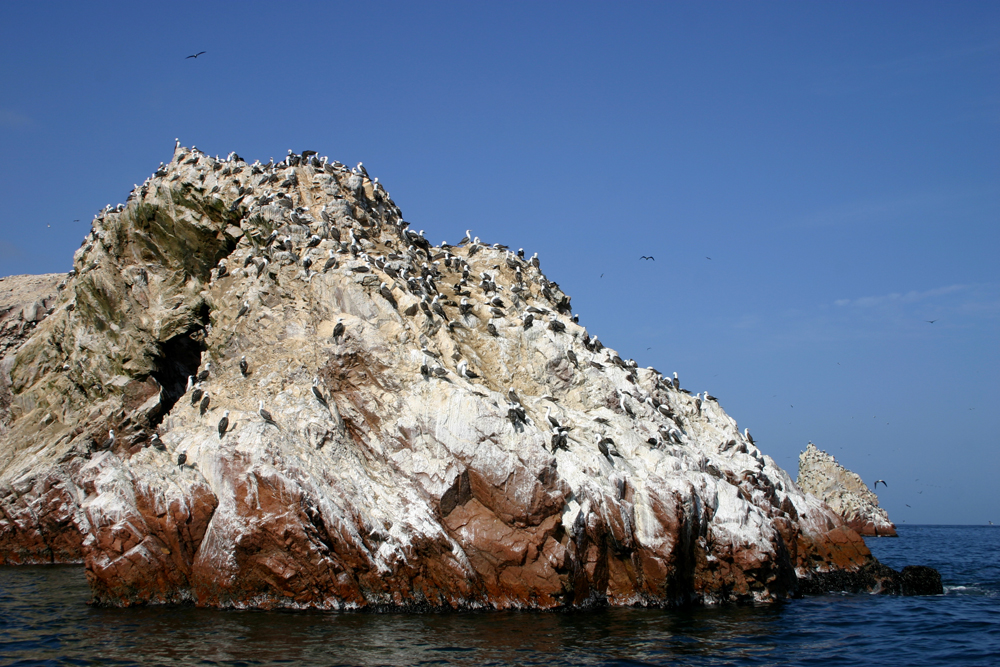Apparently the sum total of careful due diligence conducted by the Port of Coos Bay prior to declaring an emergency on the Coos Bay Rail Link in April 2011 is contained within a confidential fourteen page memo between the Port and its Portland counsel Troutman Sanders, LLP written two years prior in 2009. Since last June, after it was learned that the emergency was a) on behalf of Roseburg Forest Products; b) the imminent need for rail service was delayed from June to October and prior to learning that RFP had yet to secure a buyer for its products, I have been trying to learn what convinced the Port it was prudent to declare the rail line an emergency on behalf of a private company. The Port has variously denied my requests for documentation evidence of due diligence work first citing non-existent confidentiality agreement and an ORS exemption for (non existent) “sales and marketing” materials that only applies to formal applicants for Port services.
All these claims and refusals are particularly curious because according to Port Communications Director, Elise Hamner-
The Oregon International Port of Coos Bay (Port), as a State Port organized and operated pursuant to ORS 777.915 to 777.953, is authorized under ORS 279B.080 and ORS 279C.320 to declare an emergency regarding repairs to the Coos Bay rail line in order to return the line to service in support of trade and commerce activities involving business entities that have been or will be shippers on the Coos Bay line.
So why not just say that in the beginning and why tell the public Roseburg Forest Products had an imminent need for rail service? Throughout this saga I have maintained that I don’t actually believe any real due diligence exists and I now have pretty solid evidence I am right.
Throughout, the Port has maintained that evidence they vetted this move exists but are exempt under attorney client privilege. As an exercise I filed an appeal of this denial with the local district attorney, Paul Frasier for records documenting evidence a real emergency existed and received this interesting response.
Following receipt of your petition, Assistant Attorney General Michael C. Kron asked the Port to provide the records in question pursuant to ORS 192.470. The Port promptly complied with that request, providing 14 pages of materials, along with a cover letter which Mr. Kron subsequently forwarded to me. The materials in question were addressed from attorneys at Troutman Sanders, LLP to the Port in 2009.
So either the Port has precognition of an emergency two years in advance or the executive director didn’t vet the request from RFP or they just made the whole thing up to justify to the public the emergency declaration to dispense with competitive bidding.
There are many dimensions to rigorous due diligence that must be guided by experience and common sense to determine if an investment might earn a profit, if factors might minimize risk and perhaps even if long term conditions allow growth of the investment. In the matter of Roseburg Forest Products’ “imminent opportunity” and need for immediate rail service the Port might have undertaken some research to determine if there was, in fact, an opportunity with a qualified and financially capable purchaser. As an economic development agency bent on jobs creation they might even have weighed the cost of jobs lost to the export of wood chips vs the domestic milling of lumber or assessed the risk of a rushed repair job vs a more cautious approach but the real problem is the public is denied any role in the process.
No overt analysis is available in the available public documents and whatever is contained within the fourteen page 2009 memo beyond a legal opinion that the port can, by statute, declare an emergency is withheld thereby locking the public out of any opportunity to actively participate in the process or assess the job performance of the Port.
So who the hell is really minding the store at the Port of Coos Bay and how many other economic development schemes involving public money are treated this irresponsibly?
How cautious are local officials with public money? Unfortunately, it doesn’t look like caution is part of their lexicon.



Unfortunately, the last mode of recourse for the public is civil court. More and more, citizens are taking public agencies to court and forcing release of documents via discovery. In this instance I have proven, sadly, my original suspicion that the Port lied to the public about the RFP emergency and that they cannot be trusted to tell the truth. The side bit is we also know they don’t do there homework.
Wow M. So what now? Doesn’t Bishop have to respond to this? Does The Big Guy EVER have to answer for his actions? Is HE exempt from speaking to we serfs? Forever?
What a chicken sheet organization, rotten to its’ core. But when you pay the Governators’ best buddys’ wages, you do what you please I suppose.
And We The People pay for their pleasure .